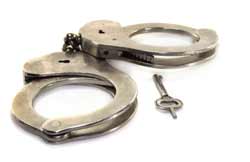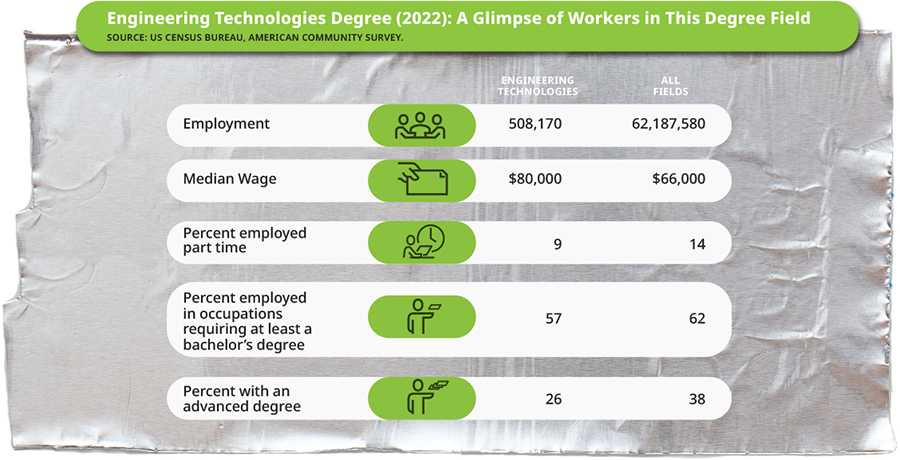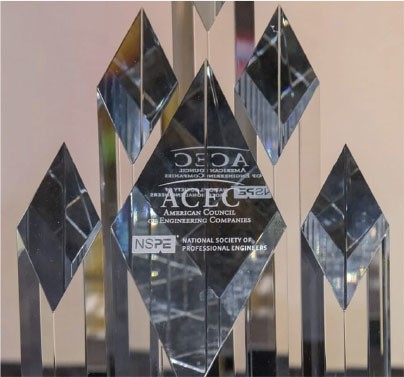August/September 2014
PE REPORT
Crime and Punishment
When PEs are convicted of crimes unrelated to engineering, should they face professional penalties as well?
 An opinion piece written by the executive director of the Arizona licensing board recently raised a difficult issue faced by engineering regulators: how to handle the criminal convictions of licensees when the offense is not committed in the practice of engineering.
An opinion piece written by the executive director of the Arizona licensing board recently raised a difficult issue faced by engineering regulators: how to handle the criminal convictions of licensees when the offense is not committed in the practice of engineering.
In the April issue of Licensure Exchange, published by the National Council of Examiners for Engineering and Surveying, Melissa Cornelius points out that some licensing boards have had difficulties denying, suspending, or revoking the licenses of engineers and surveyors convicted of sexual offenses. She argues that state laws should not require criminal offenses to be “reasonably related” to the practice of engineering in order to carry out professional sanctions. When a licensee commits a felony, he or she might make equally bad choices in engineering practice. What she calls the “good choice” argument has applications beyond just administratively prosecuting those convicted of sex offenses.
“We consider it a requirement that licensed engineers exercise good judgment in order to protect the public,” Cornelius says. “If you get convicted of a felony or misdemeanors of moral turpitude, you have just proven you don’t have good judgment. So when we prosecute people who have criminal convictions like that, that’s also an allegation that we add: that they lack the good judgment to safely protect the public.”
According to the NSPE Code of Ethics, “engineers are expected to exhibit the highest standards of honesty and integrity.”
The Arizona State Board of Technical Registration isn’t the only licensing board successfully denying, revoking, and suspending the licenses of PEs convicted of crimes outside the practice of engineering using something like the “good choice” argument. A number of other licensing boards use what could be called “good morals” or “good character” arguments.
In addition to meeting education, experience, and examination requirements, PEs also need character, says John Greenhalge, executive director of the Ohio State Board of Registration for Professional Engineers and Surveyors. “So we do look at criminal convictions, felony convictions that are outside of the practice of engineering because that reflects on the character of the individual.”
The Florida Board of Professional Engineers at one time would have been counted among those licensing boards having difficulty administratively prosecuting licensees convicted of crimes outside the practice of engineering. Florida law requires engineers be of good moral character as a perquisite for getting a PE license, but for a long time, the licensing board thought the perquisite was only that and could not be applied to engineers who already had a license.
“That is an absurd legal position,” says John Rimes, prosecuting attorney for the Florida licensing board. “If in order to get your license you must be of good moral character, then clearly the legislature intended that while you had the license you would maintain that good moral character.”
“Since that time…we have been taking action against engineers where the crimes involve a lack of good moral character,” Rimes adds. “When those crimes are involved, we initiate a complaint against the engineer, not because it involves the practice of engineering but because it involves the ability to practice engineering, to wit, they’ve lost because the crime [raises questions about] their good moral character.”
Despite the success of the “good choice” argument and other similar arguments, it has been unsuccessful in at least one instance. In 2011 the Washington Court of Appeals reversed the five-year suspension of a convicted child molester by the Washington Board of Registration for Professional Engineers and Land Surveyors.
The Washington licensing board cited a statute that “no person shall be eligible for registration as a professional engineer…who is not of good character and reputation,” but still the court reversed the suspension. Court documents show neither of the two judges who reversed the decision even discussed the statute. Only the dissenting judge mentioned it, stating that it was reason enough to justify the suspension.
In some cases, state licensing boards are able to deny, suspend, or revoke the licenses of engineers convicted of crimes. In Oklahoma, a PE can be disciplined for a conviction or an entry of a plea of guilt or no contest to a felony under any federal or state law, whether or not it is related to engineering, says Bruce Pitts, the Oklahoma licensing board’s director of enforcement. “So the board has the ability to discipline an engineer that’s been convicted of a felony no matter what the felony is.”


 Volunteering at NSPE is a great opportunity to grow your professional network and connect with other leaders in the field.
Volunteering at NSPE is a great opportunity to grow your professional network and connect with other leaders in the field. The National Society of Professional Engineers (NSPE) encourages you to explore the resources to cast your vote on election day:
The National Society of Professional Engineers (NSPE) encourages you to explore the resources to cast your vote on election day:










